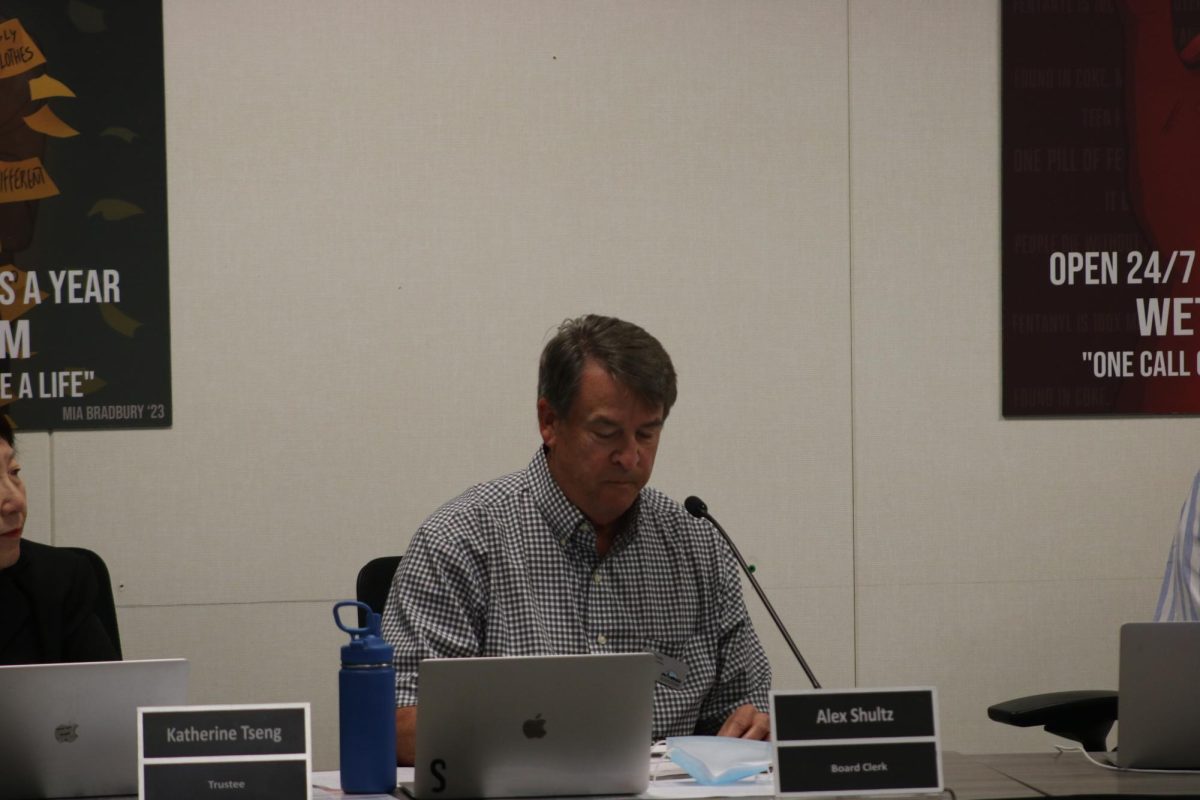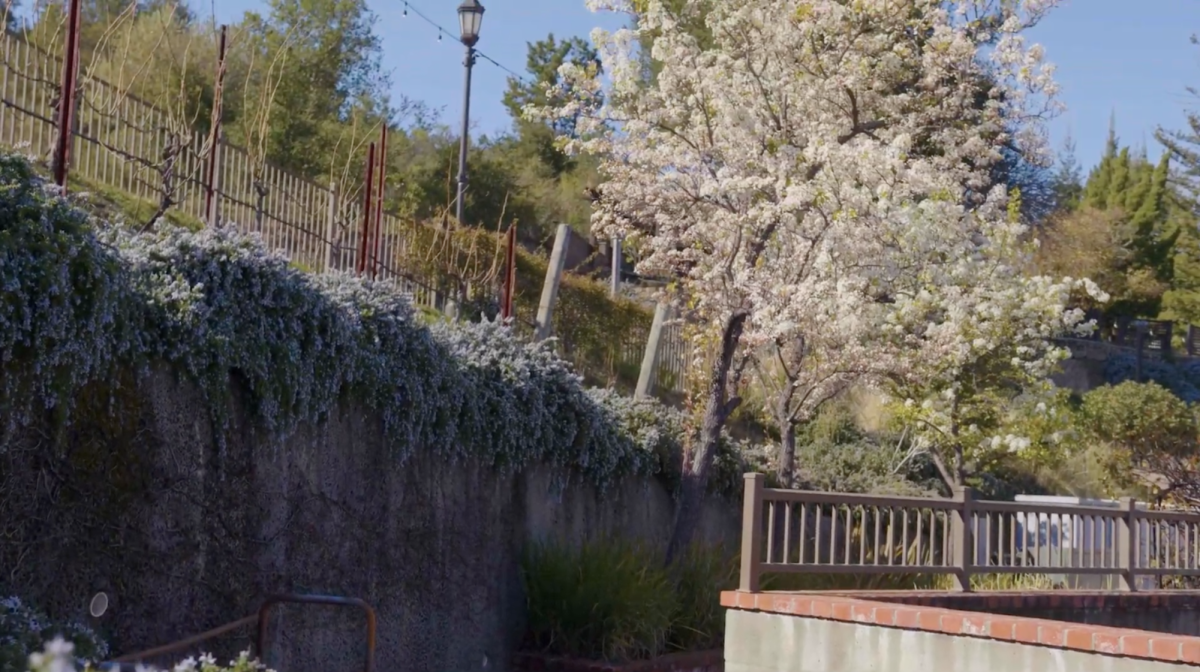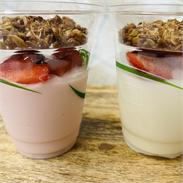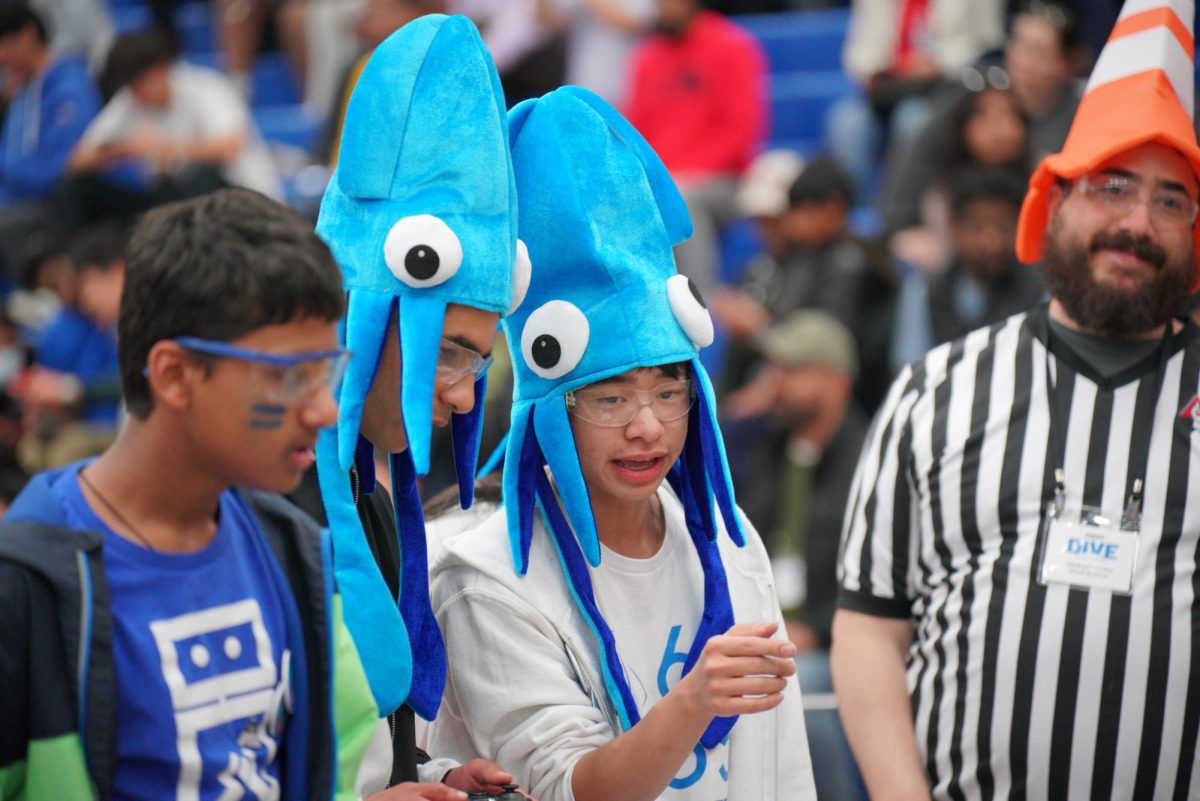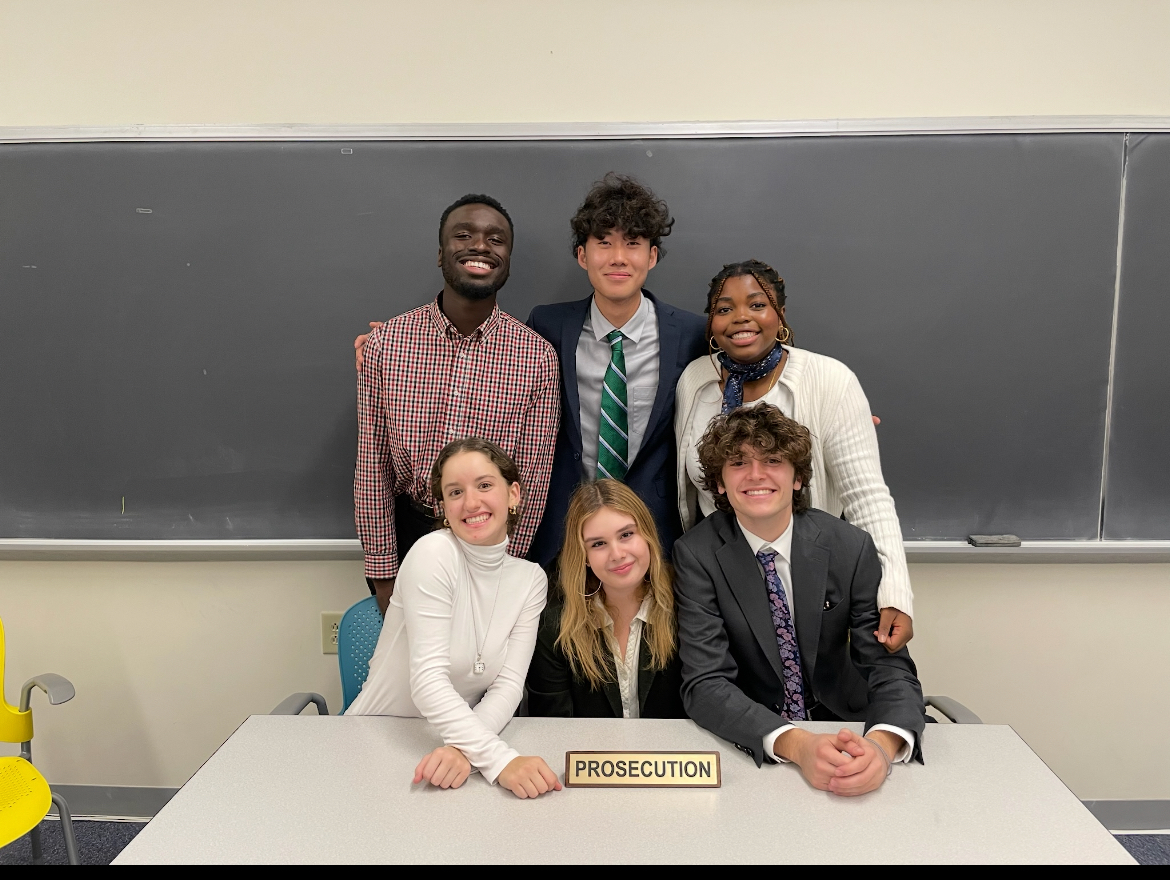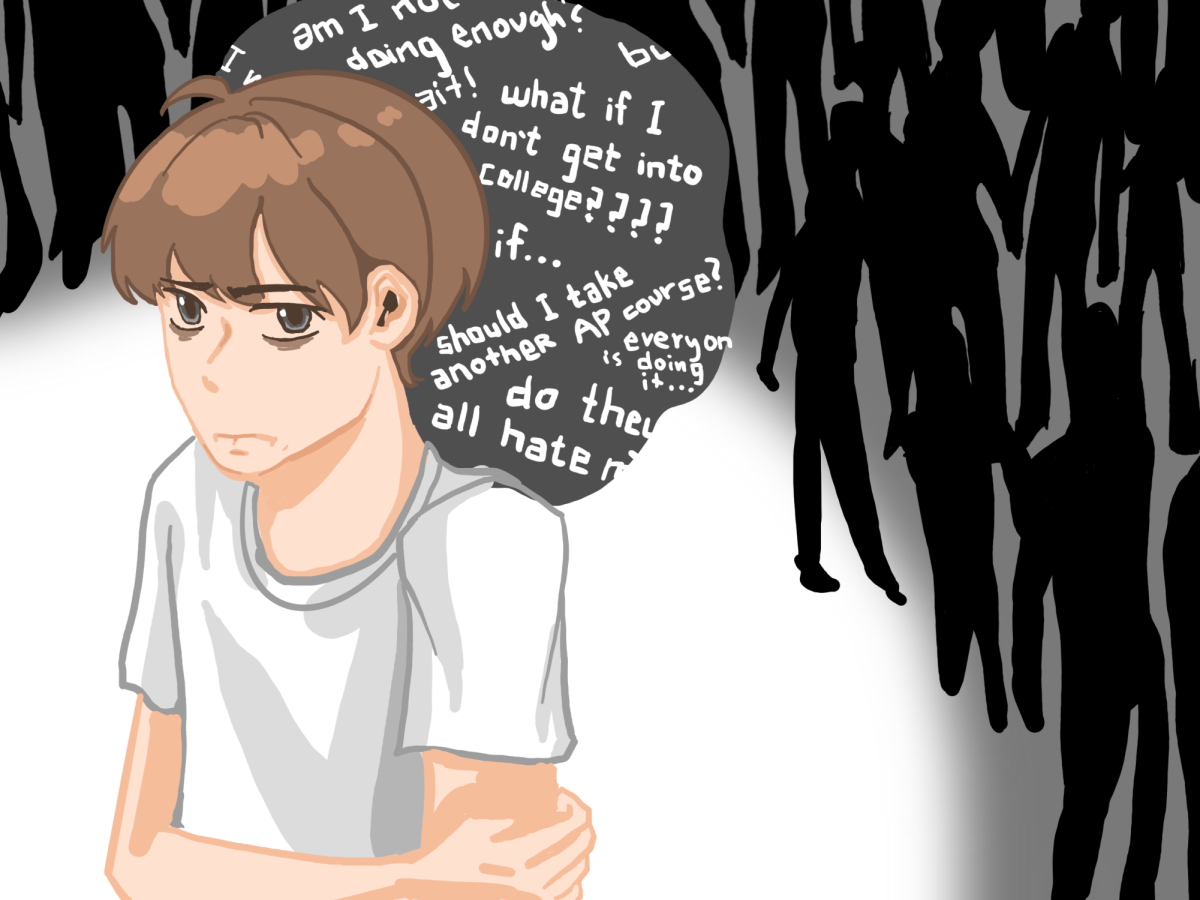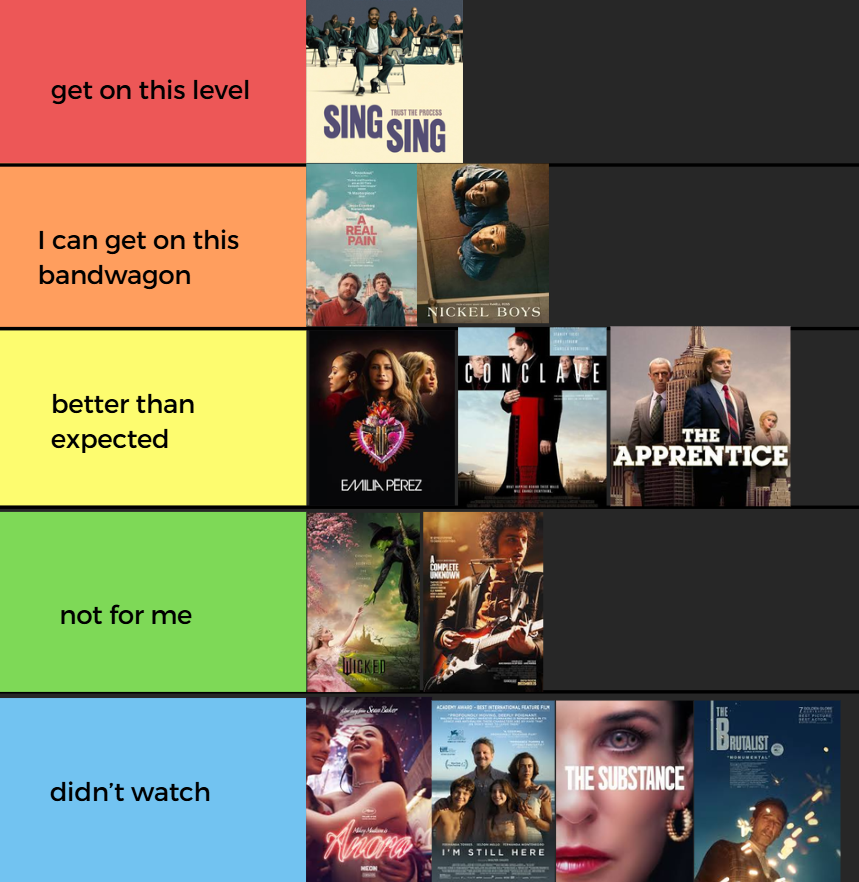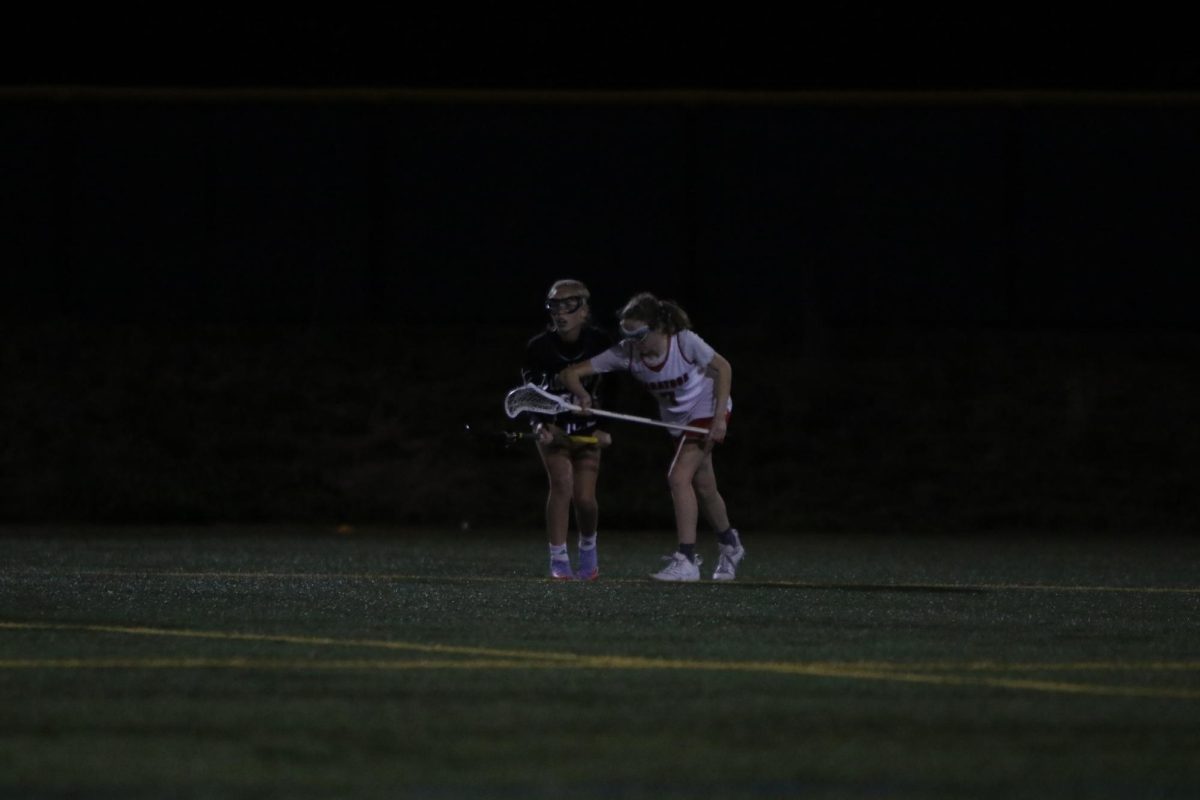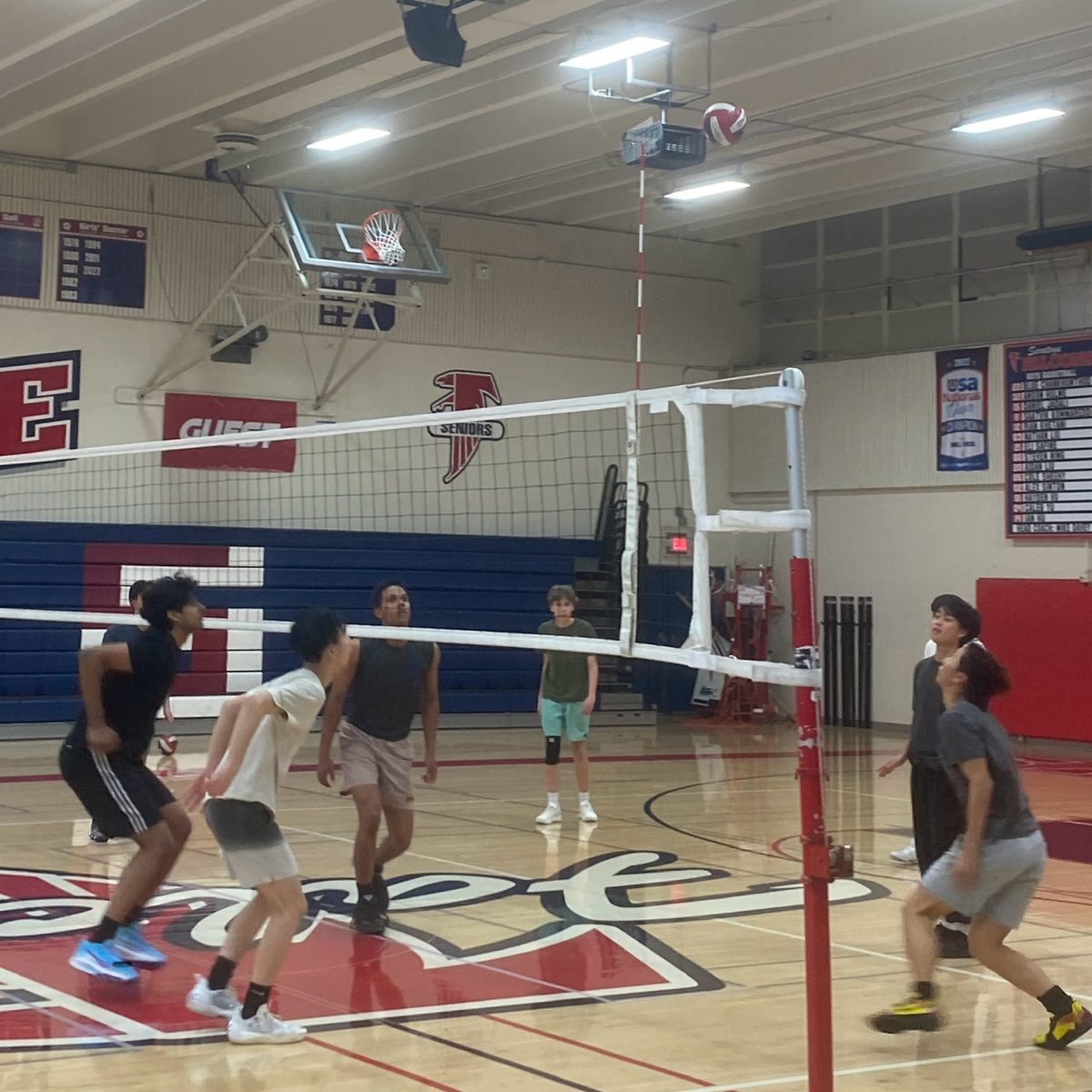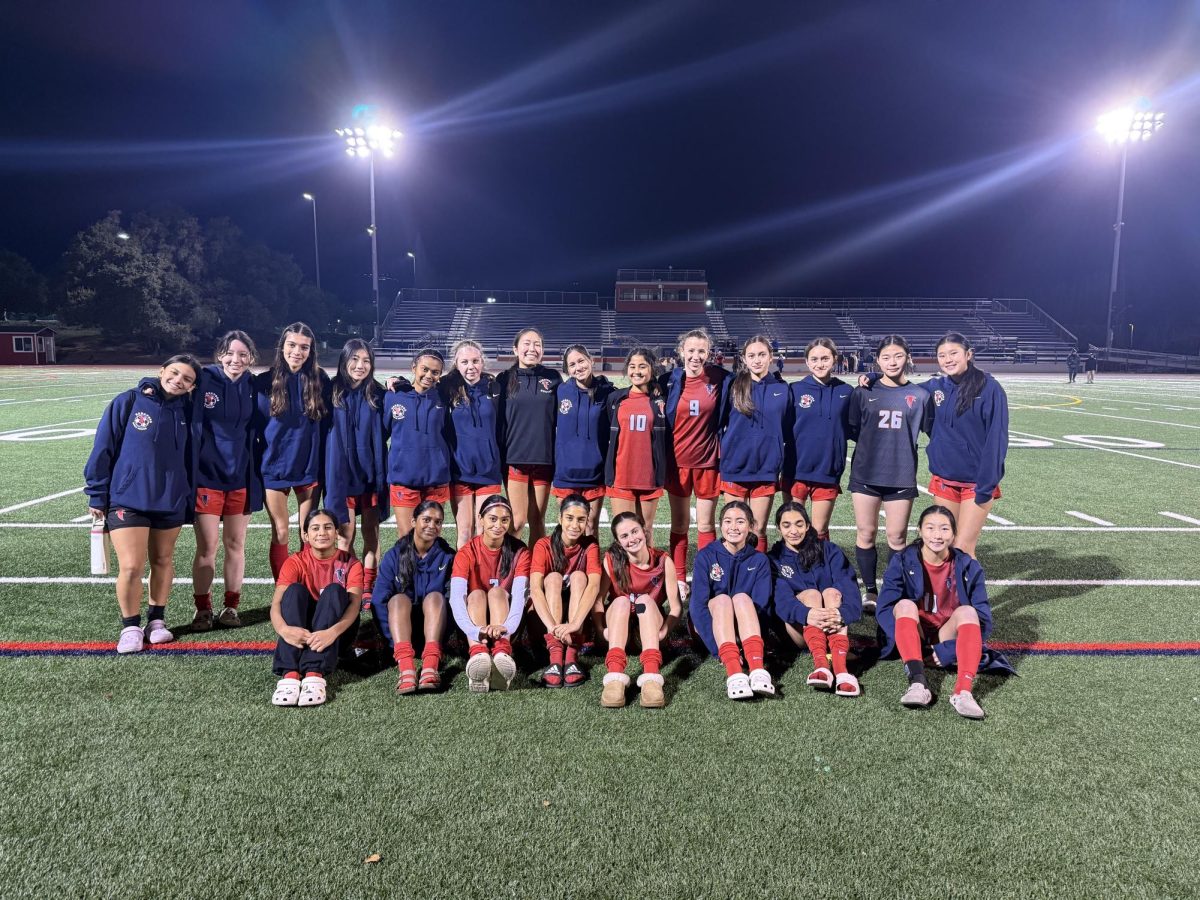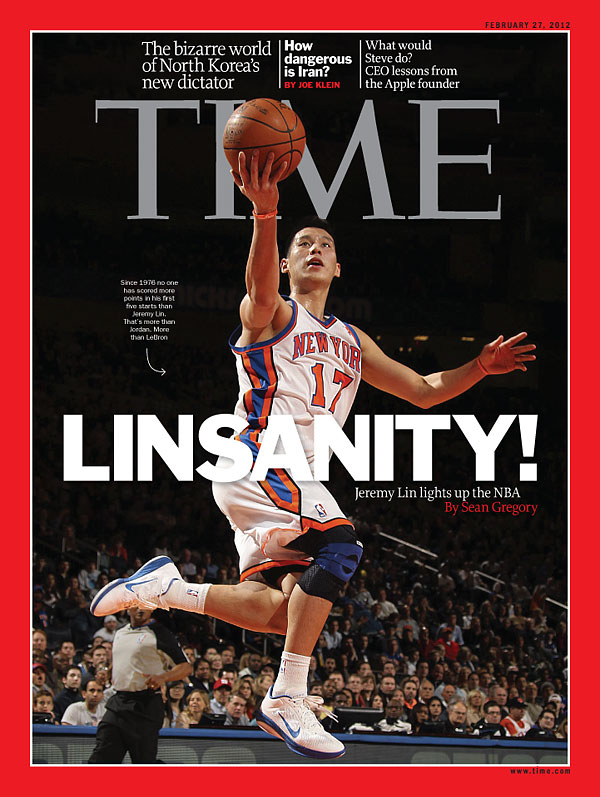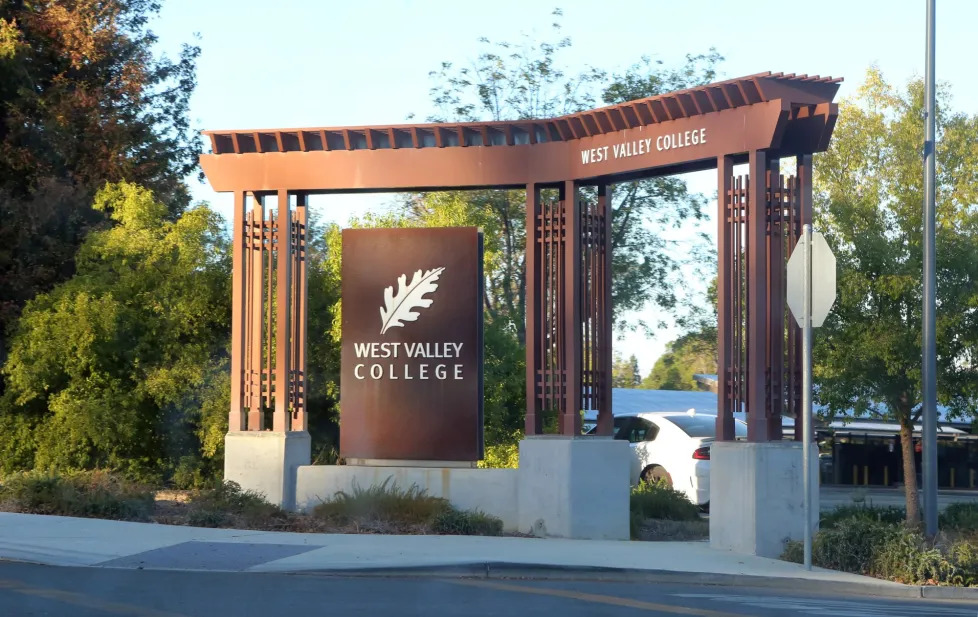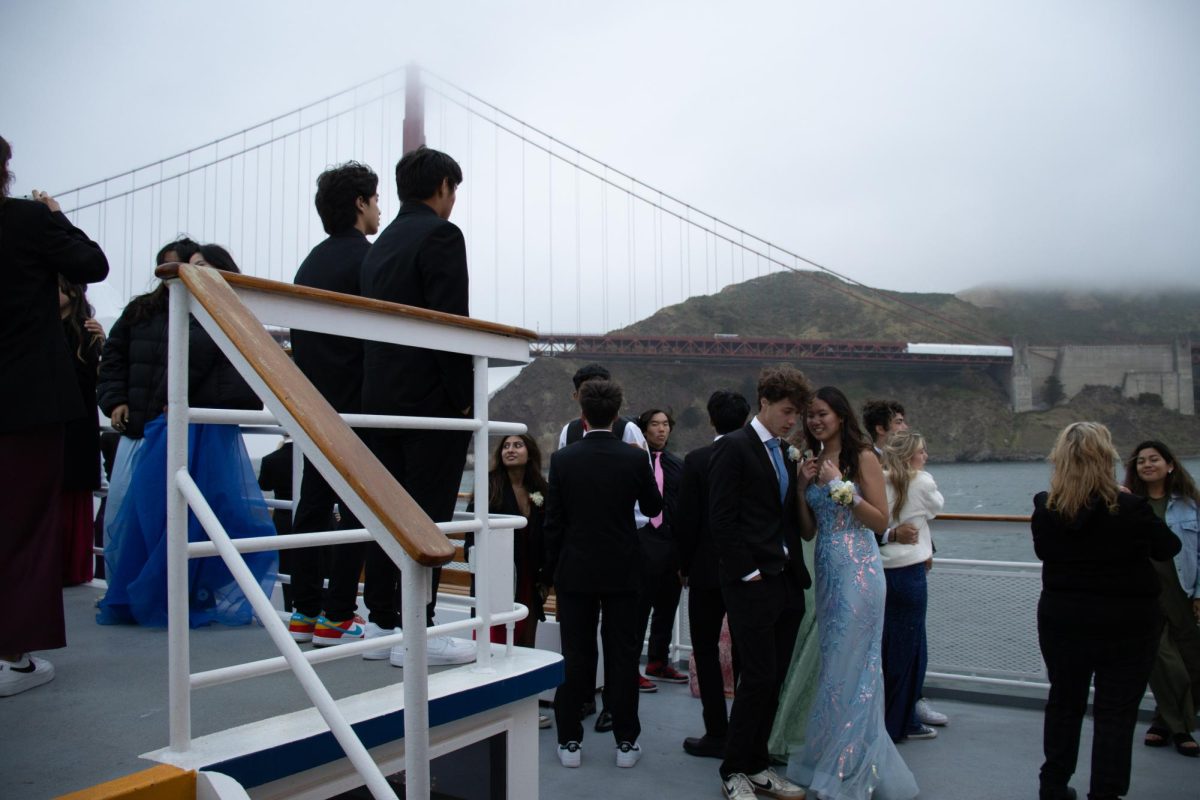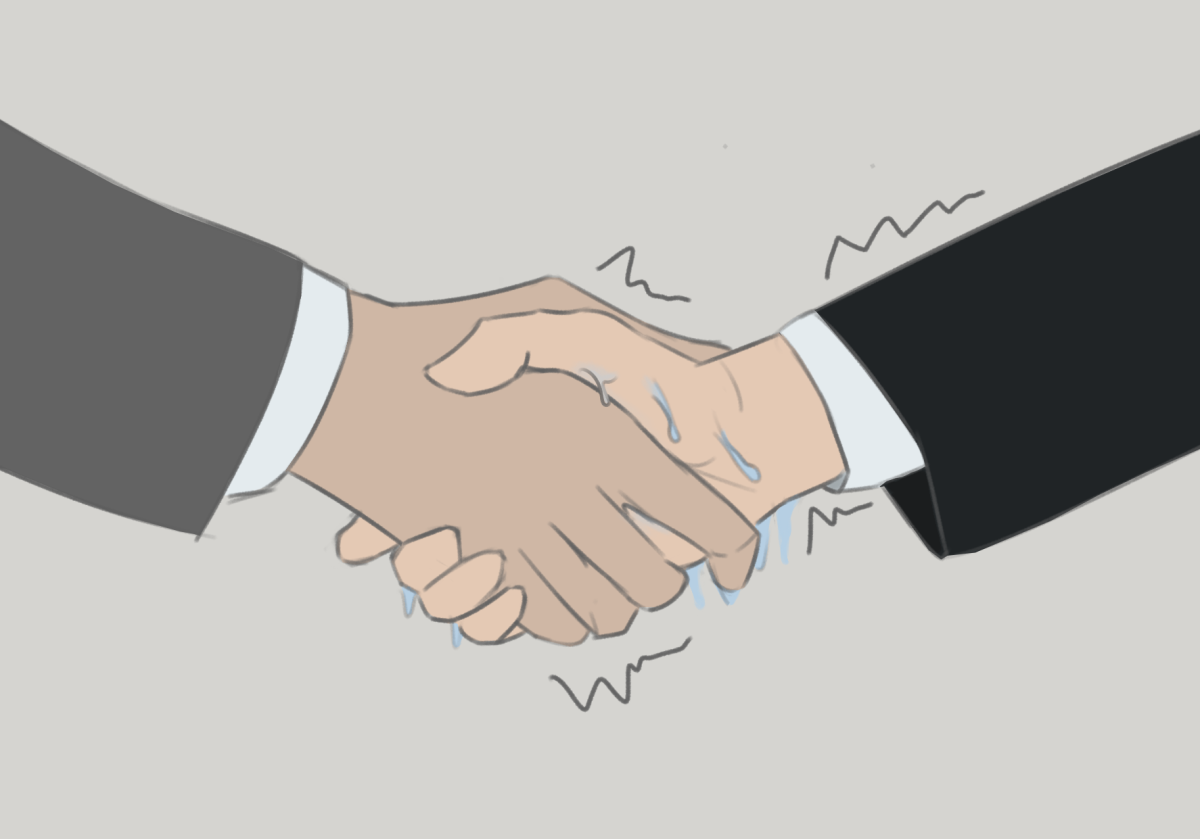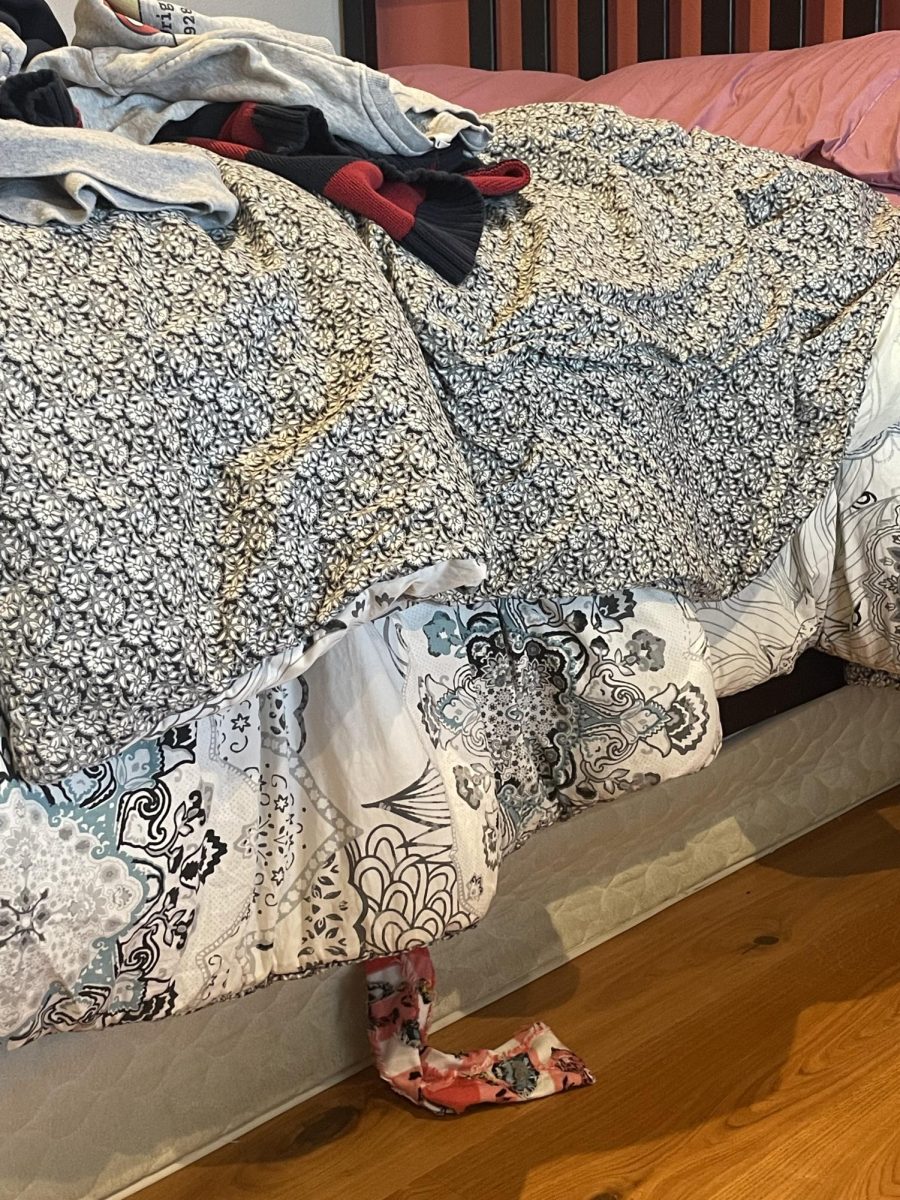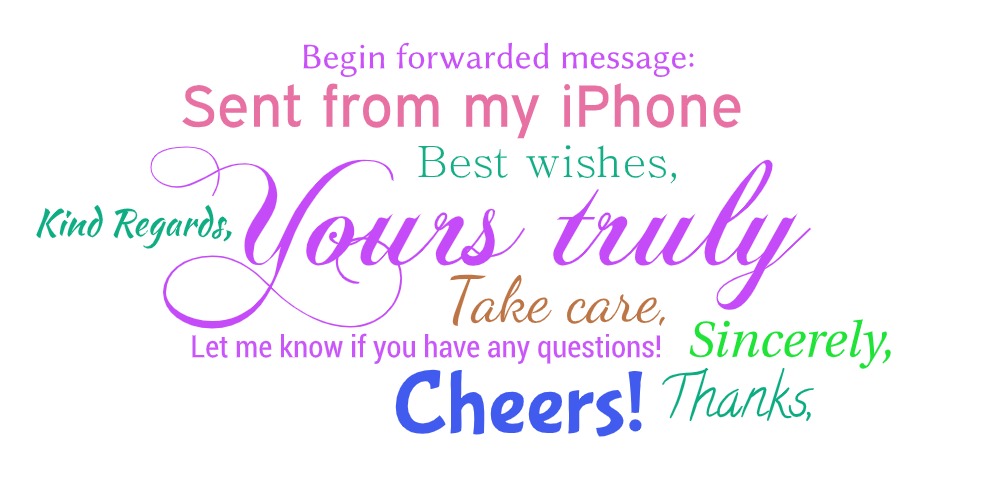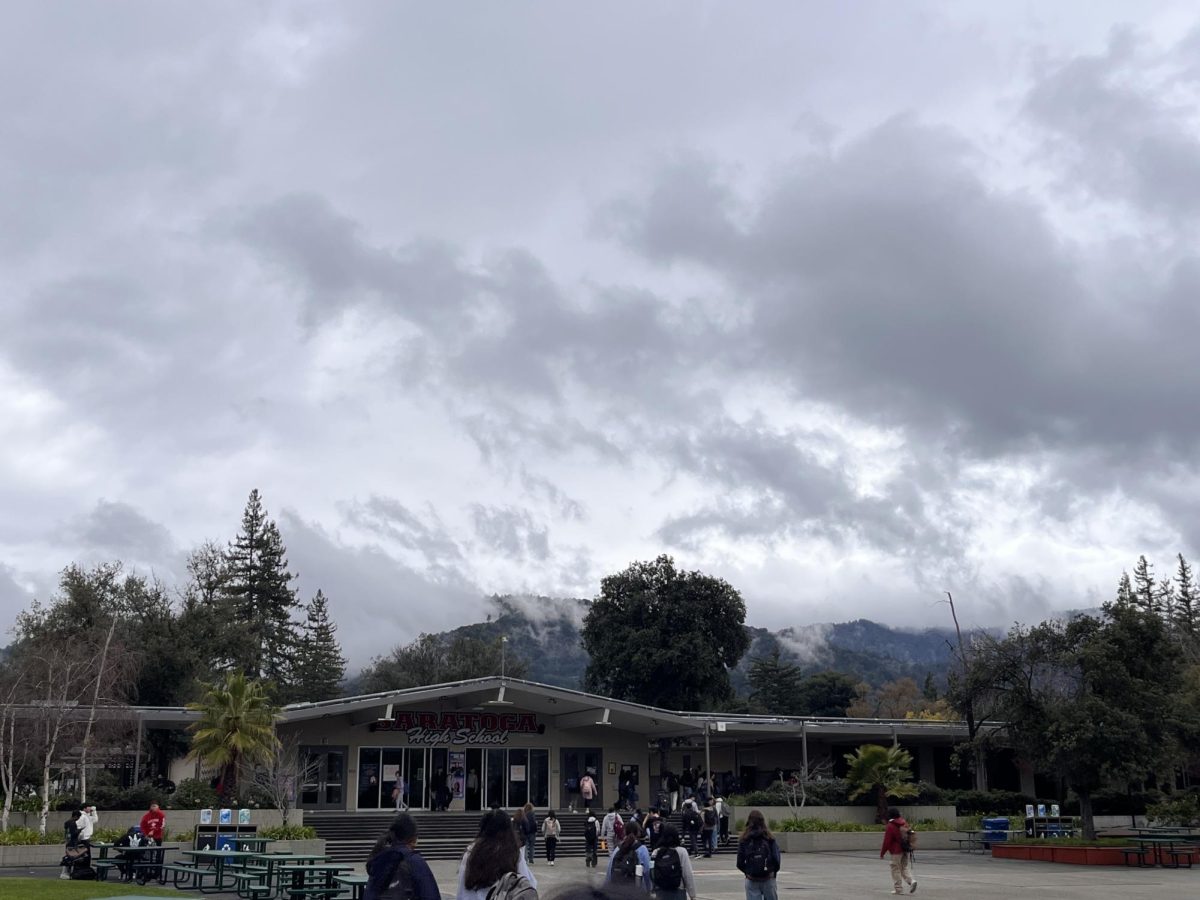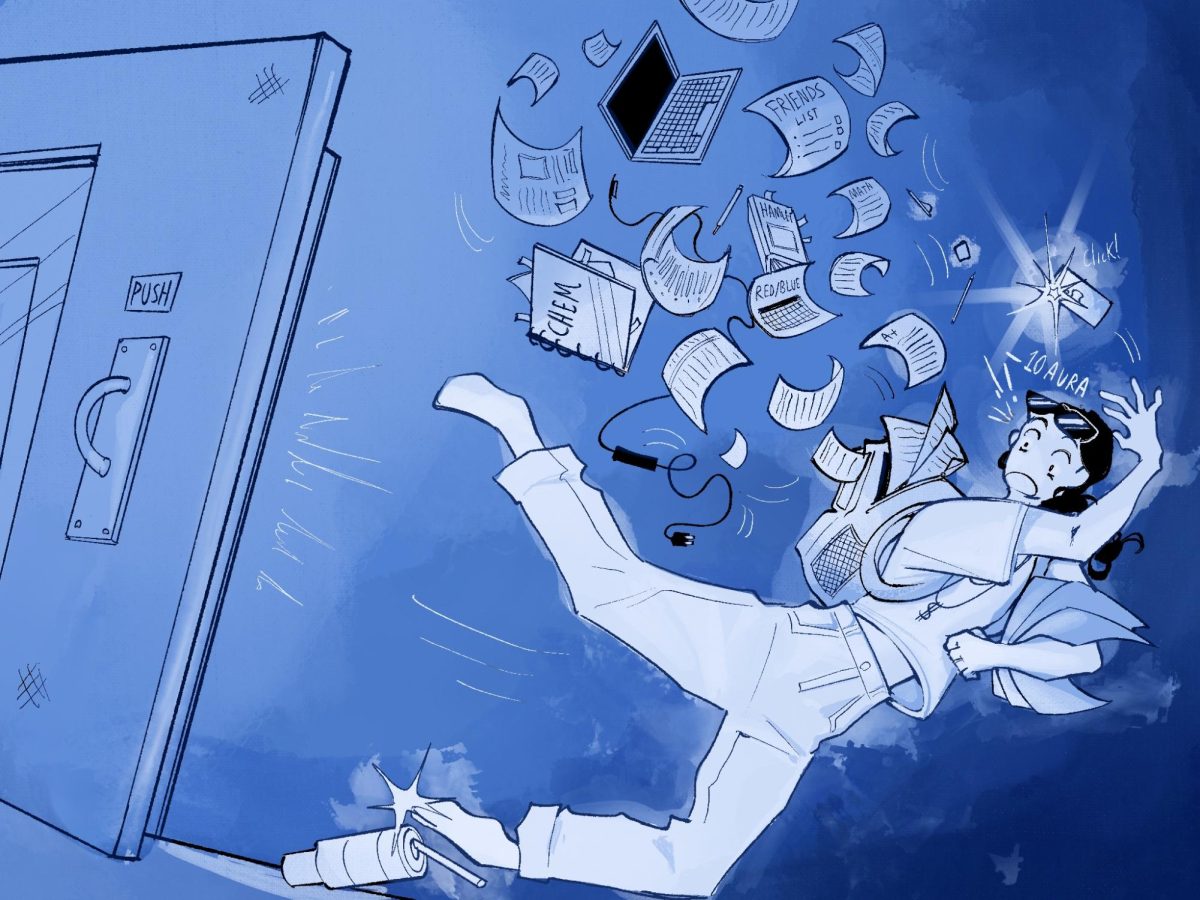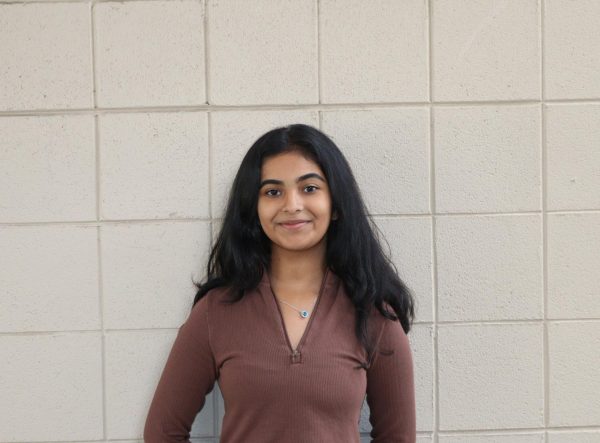While the story I am about to tell may be new to readers, it is not new for people I’ve played Truth or Dare with over the years. Nor is it new for my sixth-grade Core teacher when I presented my end-of-the-year writing assessment. It is especially not new to the various kids I lured into being my friends by telling them this story to make them think I was interesting.
Through thick and thin, I have milked this tale as old as time — as I’m about to again. This is a PSA: If these words sound rehearsed, it’s because they are.
It was a cold and quiet night in my old house in Sunnyvale in 2009. As a young 4-year-old, I was engrossed in playing after dinner, riding my play-bike around the family room and creating a storm of what I thought were Monet-esque drawings with my crayons.
After some time, my mom’s dreaded call to go to bed rang from the living room, as was the custom every night. Like a good child, I ran to the bathroom after some initial resistance.
I commenced my nightly routine of brushing my teeth and washing my face, and I instinctively reached for the toothpaste. Grasping at the air while holding my toothbrush, I glanced over to the empty space to find no toothpaste. Hm. How curious, it was always there.
At 4, of course, my prefrontal cortex was anything but well-developed. Instead of asking my parents about where the toothpaste could possibly be, I chose to wander the rooms of my house to look for anything that remotely resembled the shape of a toothpaste.
After scanning my parents’ bedroom, looking in closets and trailing my eyes across the countertops of their bathroom, my eyes finally set on a tube on the wide windows that overlooked their bed.
A small clear tube with a cone-shaped red cap and a colorful label lay unassumingly on it. Satisfied with what I had found, I grasped it and walked happily back to my bathroom.
If the label was not the first red flag I should have noticed, the effort it took to push the gel-like substance out of the tube should have been. It was clear and liquidy, unlike the usual aquamarine, minty toothpaste I usually used.
Still, I thought this would do just fine.
Putting it on my toothbrush and bringing it closer to my mouth, my nose caught a whiff of its synthetic scent. At this point, perhaps part of me realized I was making a mistake, but I still had to brush my teeth somehow, so I just went for it.
My ears hyper focused on the sounds of brushing against the deafening silence of the bathroom. Sticking the toothbrush into my mouth, I brushed it on my molars, my front teeth and every tooth in between. In the mirror I saw my toothbrush moving fast in every direction — up, down, left, right.
The gears in my mind worked faster than my actions. Clearly, something was not right.
My brushing slowed down. Every possible path that I could take to save myself from the hole that I dug flashed in my mind. My hot gaze focused on my reflection in the bathroom mirror, unblinking, and a sobering realization setting into my bones uncomfortably.
My teeth felt gummy. When I closed them, they did not open back up easily. And worse, the more time that passed the harder it became to open my mouth.
It was at this point that I decided to finally consult my parentals about this cute (they didn’t laugh) and lighthearted (they called poison control) mistake.
I remember trying to pacify myself that their response would not be too bad during my walk of shame to the family room, but obviously, they were aghast. After I explained my cursed nightly routine to them and even went back to the bathroom to bring them the villainous “toothpaste,” my dad cried “Oh my god” and my mom promptly ran to the phone in the kitchen.
Always in character, I burst into tears at their reaction and began to fear for my life (though unable to wail because my mouth was sewn shut). I passively listened to my mom’s conversation with the lady on the line, hearing the word “superglue” thrown around. Sniffing and hiccuping to myself, I occasionally let my mind wander to think about who I wanted to say goodbye to first, convinced I was going to die.
My mother emerged with a knife from the kitchen and all hope of reaching my fifth birthday was lost until further inspection of the utensil. It was a butter knife. The next few minutes were dedicated to prying my mouth open with it as the lady had advised. She seemed surprisingly calm about the entire thing, as if she had received this query many times before.
My parents went to bed after they finished carefully rooting, undoubtedly tired after the night’s events. I went to bed as well, left with a lump in my throat and a new gratefulness for my ability to speak.
Though sometimes I think my parents wish they kept my mouth shut, I choose to believe the opposite. No matter how much stress I caused them that night, I have never regretted it — after all, it provided me with a great story to tell.

